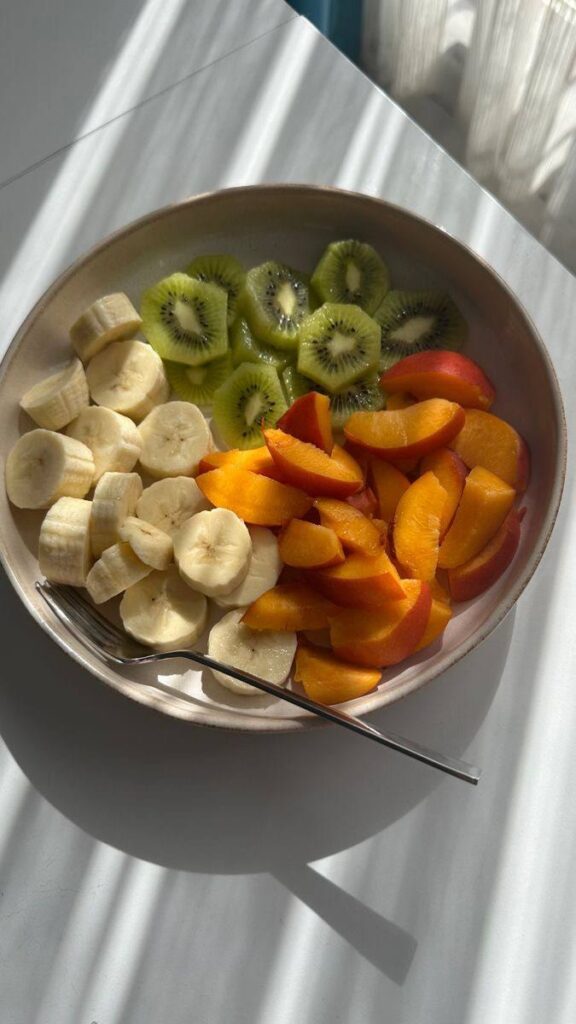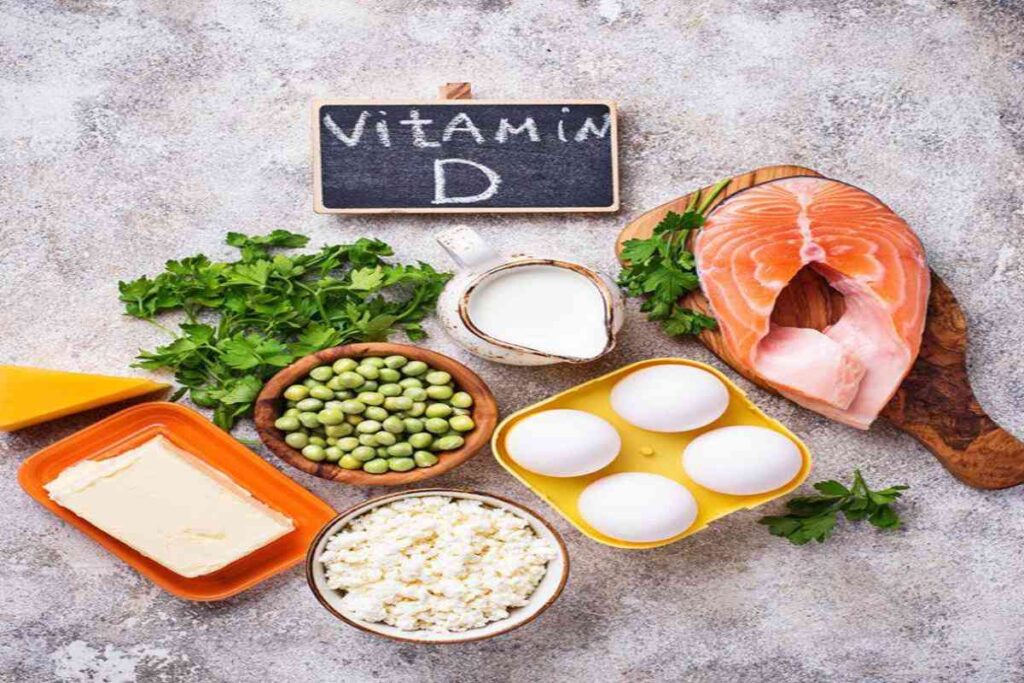The body needs a variety of vitamins and minerals to reach optimum performance. As long as we utilize all the food groups, there is no reason to suppose we lack essential vitamins or minerals, and we probably don’t need supplements.
Along with other nutrients, such as proteins, carbohydrates, and dietary fats, vitamins and minerals help our bodies grow and thrive. Additionally, people who may be deficient in an essential nutrient include pregnant or breastfeeding women, children aged six months to five years, and older people aged 65 plus.
There are two types of vitamins, which include fat-soluble and water-soluble. Fat-soluble vitamins are found in fatty foods, such as animal fats, dairy, oily fish, oils, and spreads. The body needs a store of fat-soluble vitamins, so it hoards them.
For this reason, there is no need to consume more fat-soluble vitamins every day. On the other hand, water-soluble vitamins are found in fruits, vegetables, and grains. They are not stored in the body, so we do need to consume them daily.
Consequences of Taking Excess Vitamins?
Boiling food will particularly cause it to lose most of its nutrients, so it is better to grill or steam food or eat it raw. If we take too many water-soluble vitamins, they are passed out through the body’s natural excretions.
ALSO READ: Study Reveals Mediterranean Diet and Exercise Improves Gut Health, Leads to Weight Loss
In contrast, too many fat-soluble vitamins in the body can cause health problems such as fatty liver disease or diabetes. Several vitamins and minerals are essential for a healthy body. Here are eight of them, starting with fat-soluble vitamins.

Vitamin A
Vitamin A (also known as retinol) protects the immune system against infection and helps keep eyesight in good working order. Retinol is also needed to keep skin and flesh healthy. Vitamin A can be found in cheese, eggs, yogurt, liver, and low-fat spreads. While Vitamin A has immense benefits, too much of it makes bones prone to fracture.
Vitamin D
Vitamin D regulates the calcium and phosphate levels in our bodies and keeps bones and teeth strong. A lack of vitamin D causes rickets and osteomalacia in the elderly. The skin’s reaction to the sun is a natural source of Vitamin D. In addition to sunlight, Vitamin D can also be found in oily fish, eggs, breakfast cereals, and powdered milk.
Vitamin E
Vitamin E is used by the body to regulate cell structure. It can be found in soya, corn, olive oil, nuts and seeds, and wheat. Like other vitamins, Vitamin E is a powerful antioxidant that helps the body fight infection.
Vitamin K
Vitamin K is vital to ensure blood clotting and strong bones. It is found in green vegetables such as broccoli and spinach, vegetable oil, and cereals. However, studies show that some vitamin K can also be found in meat and dairy.
Vitamin C
Also known as ascorbic acid, Vitamin C protects the cells and tissues in the body and helps wounds heal. It can be found in oranges and orange juice, strawberries, blackcurrants, broccoli, Brussels sprouts, and peppers. Vitamin C has immense benefits for the body and is essential for our well-being. However, too much vitamin C can cause abdominal pain and diarrhea.
Vitamin B
The B vitamin family is essential to our daily well-being. Vitamin B includes thiamin (B1), riboflavin (B2), niacin, pyridoxine (B6), and B12, which helps the body absorb folic acid. As a group of vitamins, the B family produces and releases energy and keeps the nervous system, skin, and eyes healthy and functioning.

They can be found in diverse foods, especially eggs, fortified cereals, nuts, beans, and poultry.
ALSO READ: Restaurants That Offered Free Food on Leap Day This Year
Essential Minerals for the Body
Zinc
Zinc is needed for the production of new immune system cells. It’s found primarily in oysters, crabs, baked beans, and poultry.
Iron
Iron helps your body carry oxygen to cells and plays a part in many immune system processes. It comes in different forms. Your body can more easily absorb animal products, which are abundant in red meat (limited to smaller amounts and less often), chicken, turkey mussels, and canned light tuna.
In conclusion, besides vitamins, the body needs a good supply of minerals to ensure well-being. Minerals build strong bones and teeth and control and regulate body fluids. They also turn the food we eat into energy. Minerals can be found in meat, cereals, dairy, fish, vegetables, fruits, nuts, and seeds. Two particularly essential minerals are calcium and iron.
You Might Also Like:
Dakota Johnson Is a Stepmom of Two at 34: Inside her Complex Relationships
FBI Warns Against Russian Hackers Launching Stealthy Cyberattacks in the US
Zoë Kravitz, Denzel Washington, Honor Lenny Kravitz During Hollywood Walk of Fame Ceremony
“My Body Collapsed,” Sutton Stracke Opens Up About Mysterious Medical Emergency RHOBH Reunion
Muni Long Says She Wrote Rihanna’s “California King Bed” in 10 Minutes
